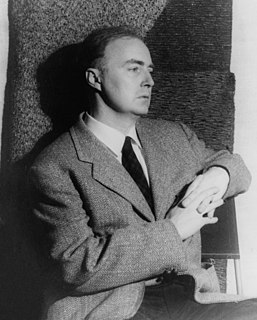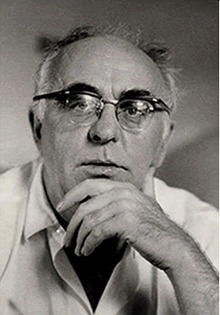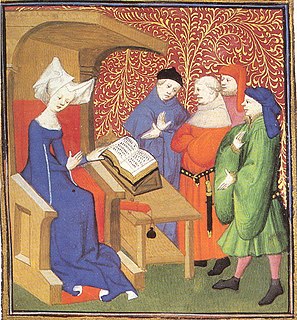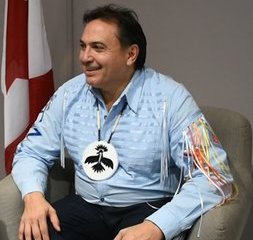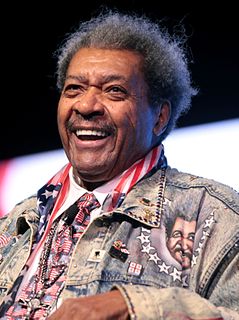A Quote by George Herbert
Related Quotes
God has intended the great to be great and the little to be little ... The trade unions, under the European system, destroy liberty ... I do not mean to say that a dollar a day is enough to support a workingman ... not enough to support a man and five children if he insists on smoking and drinking beer. But the man who cannot live on bread and water is not fit to live! A family may live on good bread and water in the morning, water and bread at midday, and good bread and water at night!
Humans need Jesus Christ as a necessity and not as a luxury. You may be pleased to have flowers, but you must have bread. . . . Jesus is not a phenomenon, He is bread: Christ is not a curiosity, He is water. As surely as we cannot live without bread, we cannot live truly without Christ: If we know not Christ we are not living, our movement is a mechanical flutter, our pulse is but the stirring of an animal life.







